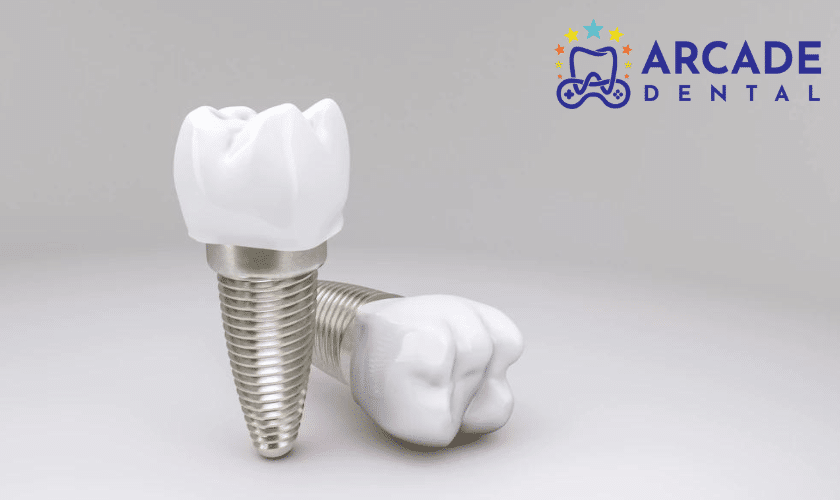
When it comes to long-term dental solutions, dental implants are among the most popular options available today. Replacing missing teeth makes dental implants look and feel natural while providing strength and stability to your smile. However, not everyone is a candidate for dental implant surgery. Here are the signs that could make you an ideal candidate for dental implant surgery.
Signs You’re A Candidate For Dental Implants
1: Good Oral Health
Good oral health should be at the top of your list if you want dental implant treatment. To be considered a dental implant candidate, you need to have healthy gums and enough bone structure in the jaw to support dental implants. When it comes to dental implants, your oral health is key, so ensure that you take care of your teeth properly before considering dental implant surgery.
2: Healthy Habits
Along with having good oral health, having healthy habits is another sign that could make you a dental implant candidate. This includes avoiding bad habits like smoking and excessive drinking, which can impair healing times and put unnecessary stress on the body after dental implant surgery. If you want dental implants, making healthy lifestyle choices should be something to keep in mind beforehand.
3: Commitment to Aftercare
The dental implant process doesn’t end once the dental implants are placed in your mouth. For dental implants to be successful, you need to commit to aftercare. This includes brushing and flossing regularly and regular dental appointments for checkups and cleanings. If you’re willing to put in the time and effort needed for dental implant care, then you could make a great candidate for dental implant surgery.
Preparing For Your Dental Implant Visit
1: Questions To Ask Your Dentist
Before your dental implant visit, it is important to prepare yourself by asking questions to your dentist. This includes questions about the dental implant procedure, what to expect during and after dental implant surgery, what dental implants are best, and any other questions you have. Being prepared with questions beforehand can help ease any anxiety or concerns you may have and ensure that dental implant surgery goes smoothly.
2: What To Bring
In addition to preparing yourself by asking questions, it is also important to know what you should bring when visiting the dentist for dental implant surgery. This includes bringing an up-to-date list of medications and supplements as well as any dental records or x-rays that your dentist may need. Knowing what to bring beforehand can help save time during the dental implant visit, so make sure you’re prepared.
3: Pre-Surgery Instructions
Another important step to take before dental implant surgery is following pre-surgery instructions provided by your dentist. This includes abstaining from smoking and drinking alcohol, discontinuing certain medications, avoiding eating or drinking after midnight the night before dental implant surgery, and any other instructions that should be followed beforehand. Following these instructions carefully gives dental implant surgery the best chance of success.
Conclusion
Dental implants are a great option for long-term dental solutions, but not everyone is an ideal candidate for dental implant surgery. If you’re considering dental implant surgery, knowing the signs that could make you a candidate can help ensure dental implant surgery goes smoothly. From having good oral health and healthy habits to following pre-surgery instructions, these are all signs that you could be a dental implant candidate.
FAQs:
A: Signs of being a dental implant candidate include having good oral health, practicing healthy habits, and committing to aftercare.
A: Yes, dental implant surgery is generally safe as long as an experienced dentist performs it. Additionally, your dentist should provide instructions before dental implant surgery so make sure that those instructions are followed closely in order for dental implant surgery to go smoothly.
A: The best way to determine if dental implants are the right option for you is by speaking with your dentist. Your dentist can assess your dental health and help determine if dental implants could be beneficial in your particular case.




